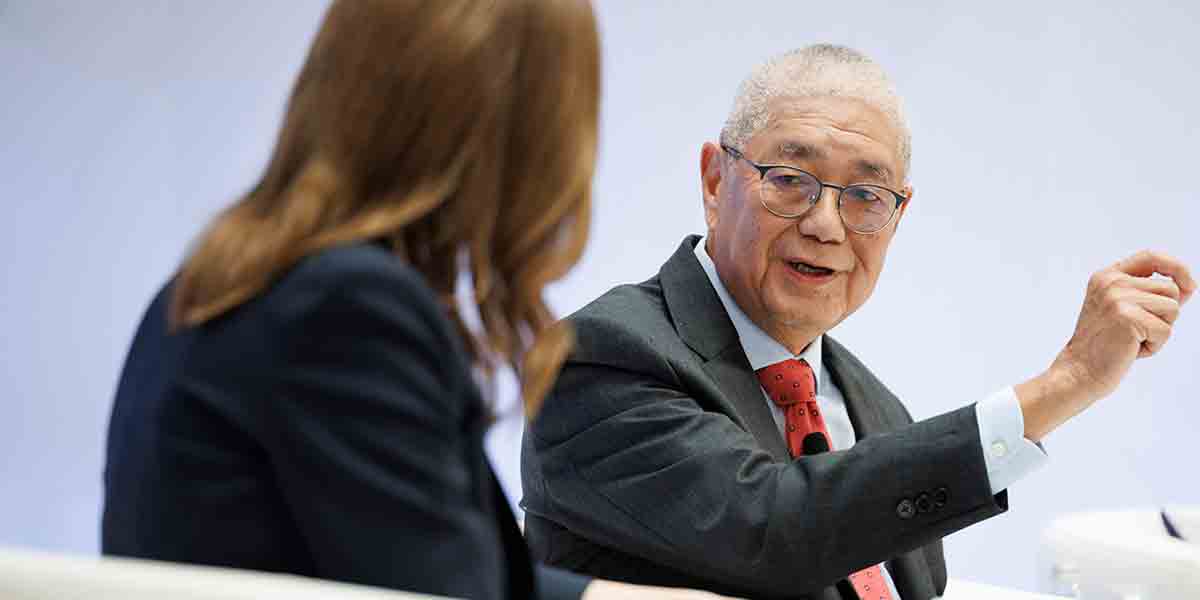By Prof. Enrique Soriano
We are probably experiencing the most difficult economic situation since World War II because of the lockdowns and travel restrictions to contain the virus. Next, the economic downturn has started in China and expectedly the second biggest economy in the world will contract for the first time since 1976. We can also expect recession to follow in Europe and the US. With all these gloom and doom scenarios unfolding, we can expect that it is just a matter of time when our economy will be impacted.
It does not help that a board comprising family members are never engaged as their presence is due to birthright. Some members may be committed and some dispassionate but generally their presence is merely for regulatory compliance and dictated by the founder/parent. This is a common practice in Asia and the lack of objective, unbiased members of the board can compromise the future of the enterprise.
Case in point: In one of my engagements overseas, I was asked by one founder with this question, “I am the founder and have controlling interest in the business. Why do I need a board to dictate to me how I should run my business?” I was not surprised. This is a common condescending expression by owners when I pressed them to establish a real, authentic board of directors. In general, the governance model is almost exclusively dependent on what the founder or business leader wants. Where the owner goes, the rest follow and the old adage clearly says it all… if an owner tells his subordinate to “Jump”, the natural reaction of a beholden executive is to ask “How High?”
While today’s business culture isn’t as dictatorial as it has been in the past, there are still a lot of traditional thinking happening especially amongst the silent and baby boomer generation (born before 1945 then 1946 to 1964). The mistaken notion of losing power and ownership as a result of having non family members in the board continue to stoke fear among owners, effectively subsuming growth in favor of control and confidentiality. This universal mindset is obviously untrue as safeguards are always available. In the end, the qualification and the selection of the members of the board will determine the quality of discourse during board meetings.
The bottom line is this: family businesses should have an active board with non- family members (or advisors) if they intend to stay and thrive in a complex VUCA environment like this unprecedented pandemic crisis. One wrong decision can change the course of business overnight. Another bottom line: No business owner knows everything, even if he or she literally started the company.
REACTIVE BOARD
In my previous article, I shared the imperfections of an inactive board generally manned by family members but usurped by their founder parent that I facetiously referred to as superman. But the most pervasive practice that I have encountered are boards that are as confusing as the crisis itself. It is what I refer to as the reactive board. This board also comprises an all family member cast playing the role of board members and simultaneously discharging the functions of active managers. These family members are naturally engaged, active in operations and even make critical decisions. In short, crisis or no crisis, these are family members who are hands-on executives and infrequently act as members of the board.
I can’t blame the next generation leaders as they have been programmed to wear family, managerial and ownership roles since birth but this set up is only appropriate for startup businesses and struggling organizations. For fairly mature enterprises, the need to have a balance team on the board is crucial especially when confronted with an extraordinary event. There are many implications in a family board comprising family members. I will share it in my next column.
















